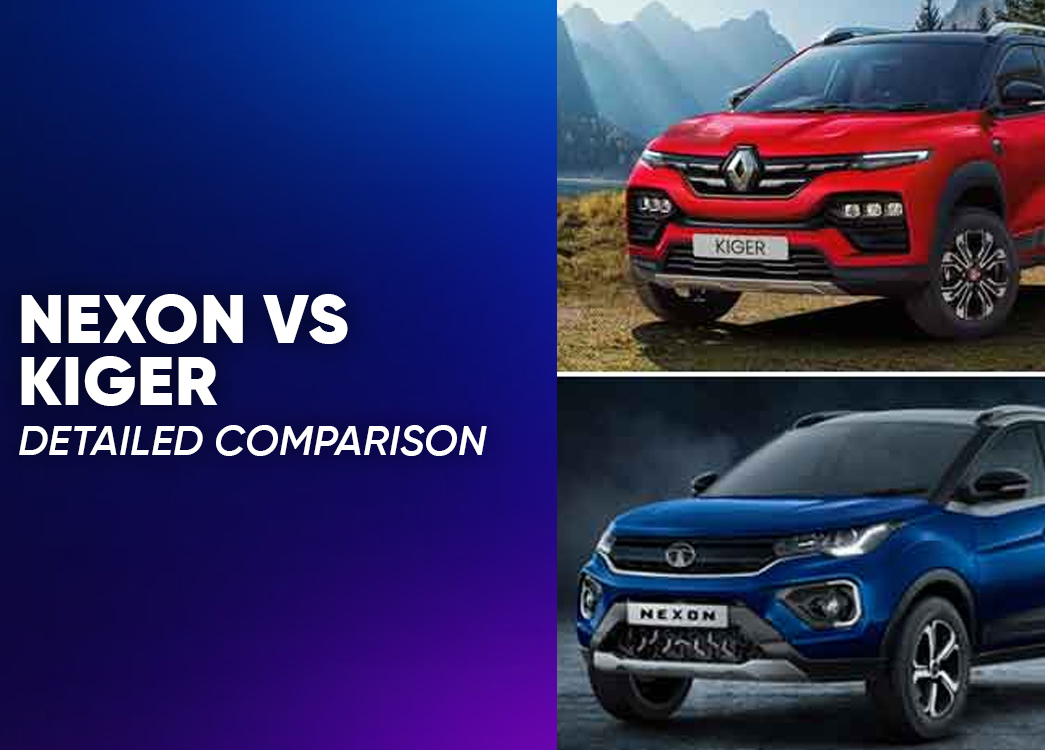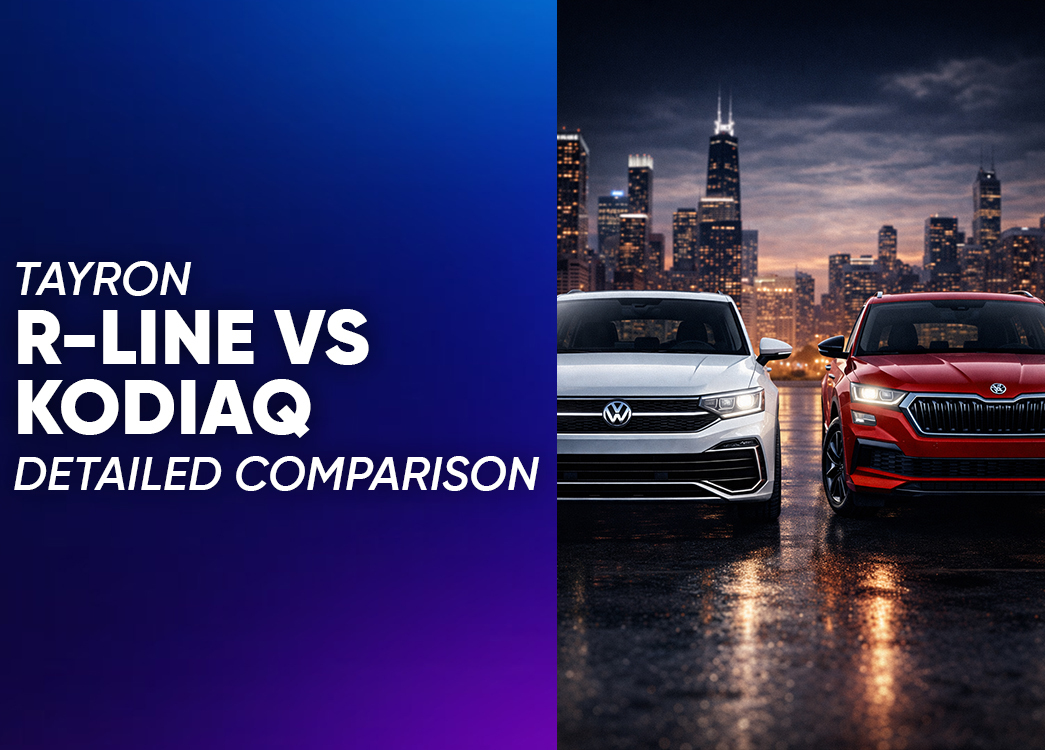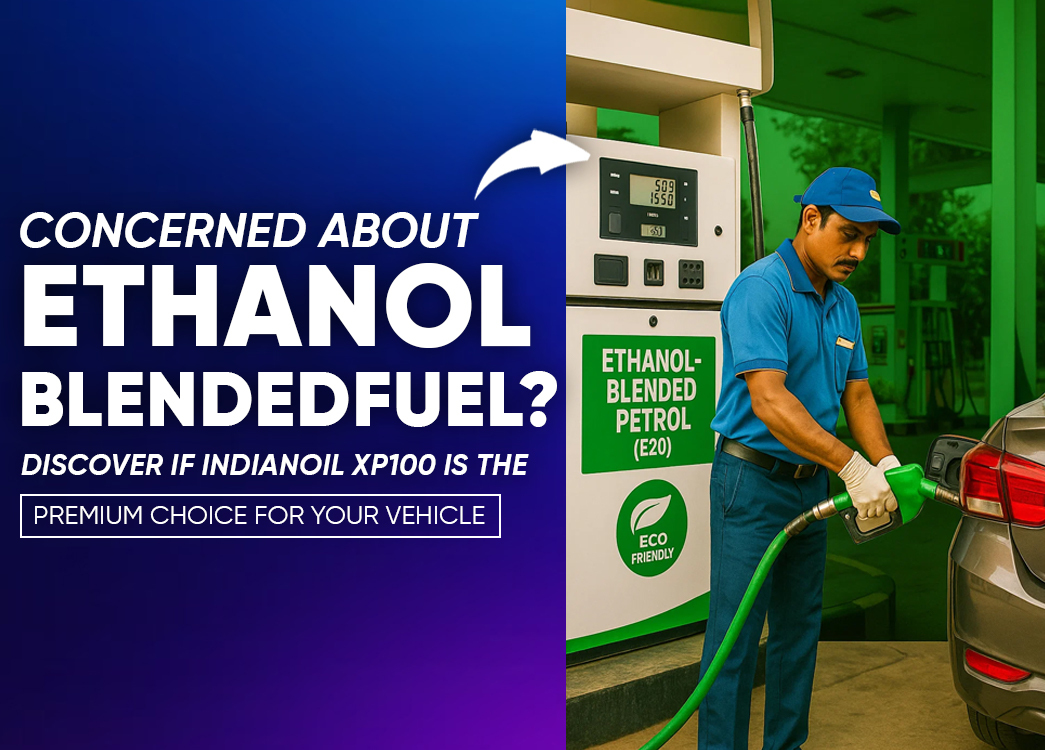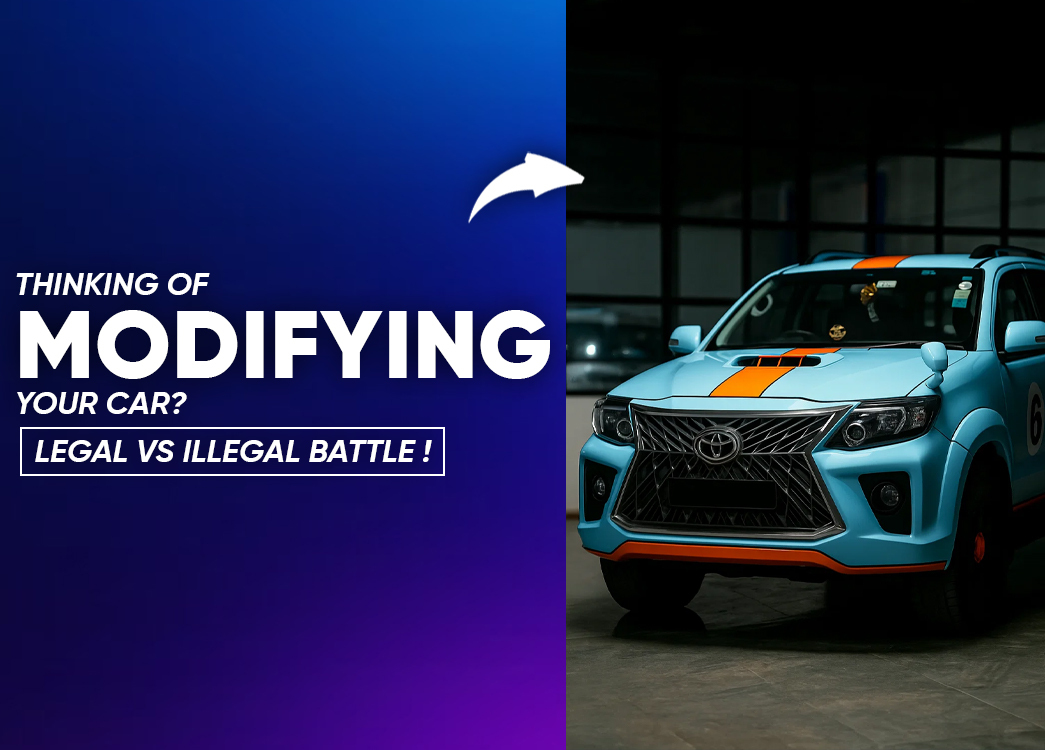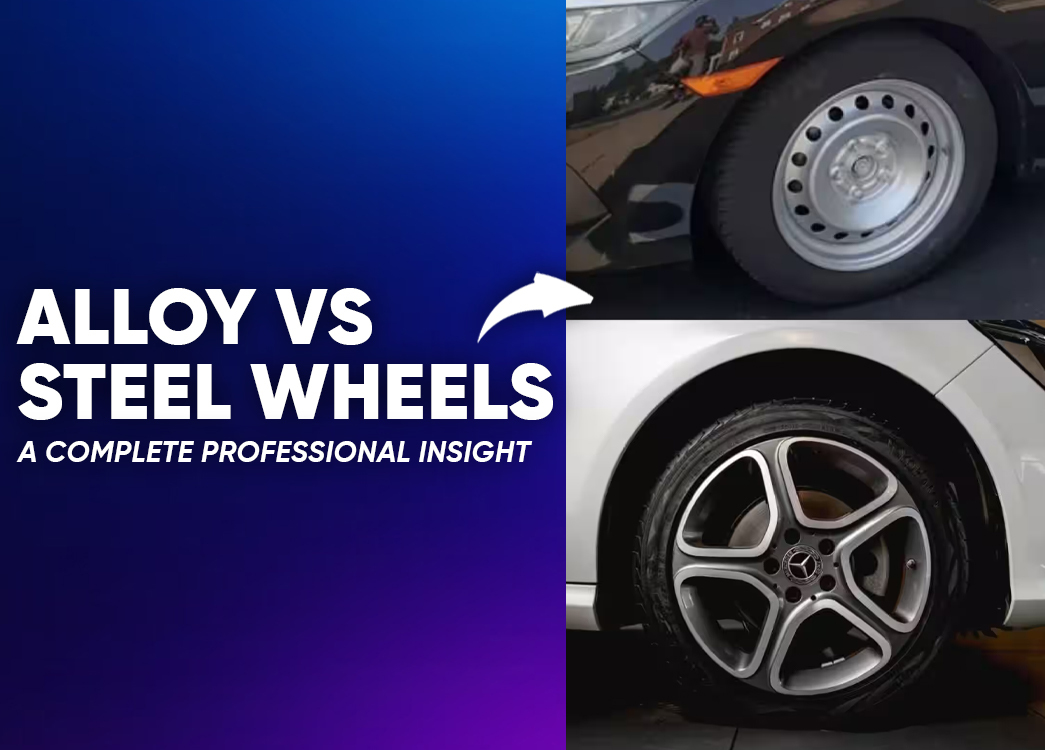
By creckk On 10-09-2025 at 2:07 pm
Alloy Wheels vs Steel Wheels in India: Key Differences, Pros & Cons, and Which One You Should Choose
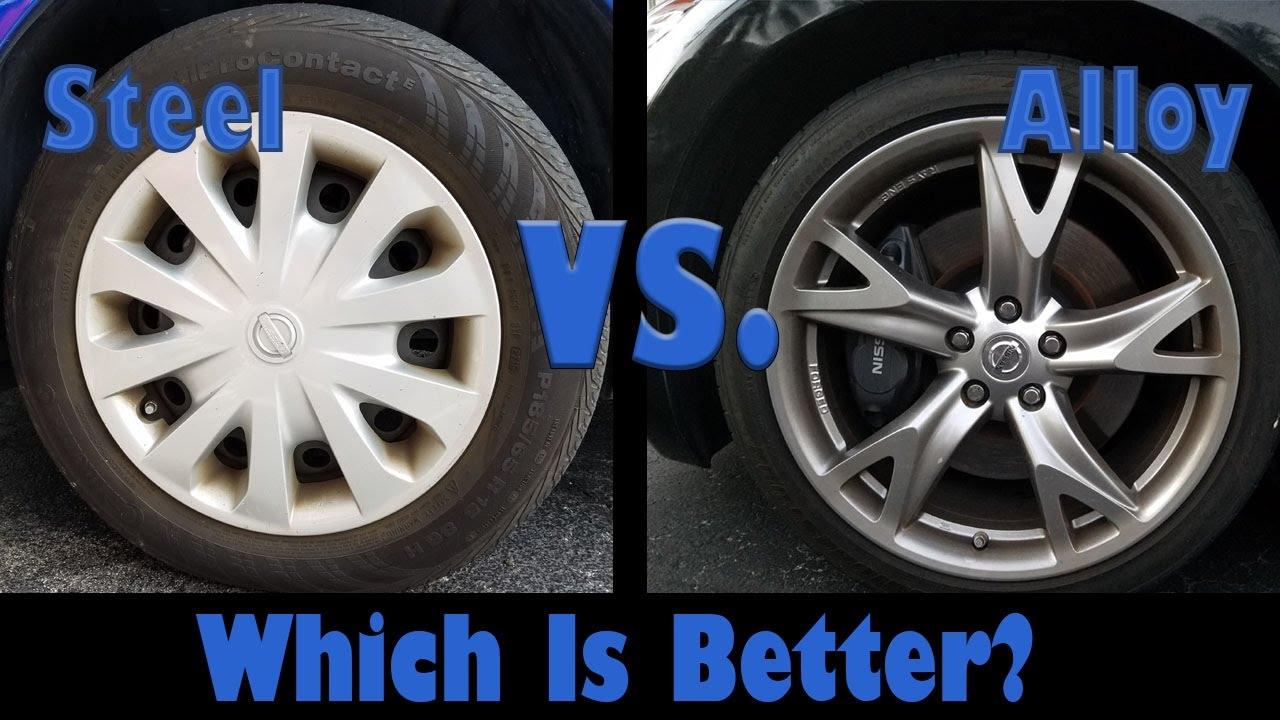
Why Choosing Between Alloy Wheels and Steel Wheels Matters in India
Wheels don’t just hold tyres they impact performance, safety, fuel economy, and even car resale value. In India, most entry-level cars come with steel wheels, while alloy wheels are usually offered in higher trims or premium cars. Understanding their advantages and limitations helps you make a smarter buying decision that benefits both your wallet and your driving experience.
What Are Alloy Wheels in Cars?
Alloy wheels are made from a mix of metals mostly aluminium and magnesium that offer superior strength and corrosion resistance. These wheels are lighter than steel, stylish in design, and often marketed as premium features in India. You may have heard terms like “diamond-cut alloys” or “laser-edged alloys” these are advanced finishes that further enhance their looks.
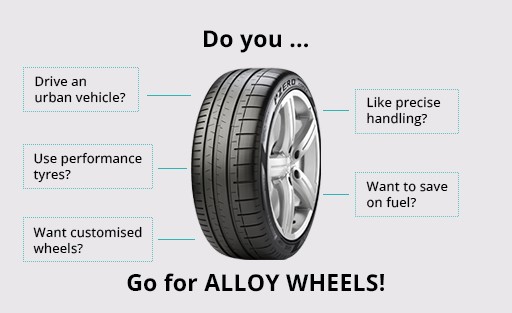
Note: Technically, even steel is an alloy (iron + carbon), but in the auto world, “alloy wheels” refers to aluminium/magnesium blends.
Advantages of Alloy Wheels in Indian Cars
- Stylish Appearance: Alloys look premium and are highlighted in car ads. In India, automakers reserve them for top trims to attract buyers.
- Lighter Weight: Reduced overall weight improves acceleration, braking, tyre life, and even fuel efficiency.
- Better Vehicle Dynamics: Lower unsprung weight means less strain on suspension, translating to smoother handling and reduced wear and tear.
- Corrosion Resistant: Aluminium alloys resist rust, unlike steel, which is prone to corrosion in humid climates.
Disadvantages of Alloy Wheels for Indian Roads
- High Cost: Manufacturing and repair costs are steep. Example: Hyundai i20 steel wheel costs ~₹1,000 each, while alloy wheels cost ~₹12,000 each.
- Less Flexible: Alloy material can crack under heavy impact, unlike steel which bends and can be hammered back into shape.
- Not Repair-Friendly: Once damaged, alloys often can’t be restored—making them risky for off-roaders.
What Are Steel Wheels in Cars?
Steel wheels are made from pressed and welded steel, making them strong, durable, and affordable. They’ve been used for decades in budget-friendly and rugged vehicles. While not as stylish, they are practical for harsh Indian road conditions.
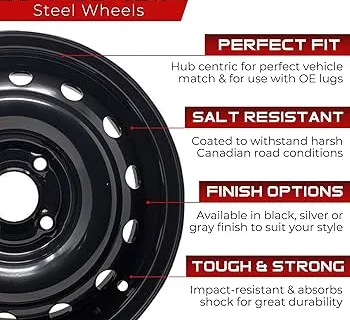
Advantages of Steel Wheels in Indian Cars
- Budget-Friendly: About 70–80% cheaper than alloys, making them ideal for entry-level and mid-range cars.
- Durable & Repairable: Steel is malleable and ductile. A bent rim can often be hammered back into shape, unlike alloys.
Disadvantages of Steel Wheels in Indian Cars
- Heavier Weight: Increases unsprung mass, slightly reducing ride quality and fuel efficiency.
- Prone to Corrosion: Steel rusts over time, especially in humid or coastal areas. Protective paints help, but alloys still win here.
Cars in India with Steel Wheels
Steel wheels are offered in most cars under ₹20 lakh, usually in lower trims. Examples include:
- Mid-size SUVs: Hyundai Creta (SX, SX Tech, SX(O)), Maruti Grand Vitara (Zeta, Alpha+), etc.
- Compact SUVs: Tata Nexon (Creative+), Hyundai Venue (SX(O)), etc.
- Premium Hatchbacks: Maruti Baleno (Zeta, Alpha), Tata Altroz (XZ+), etc.
- Compact Sedans: Maruti Dzire (ZXi), Honda Amaze (VX), etc.
- Entry-level Hatchbacks: Maruti Alto K10, Renault Kwid, Maruti S-Presso (only steel wheels).
Cars in India with Alloy Wheels
Alloy wheels are available in most cars except entry-level models. They’re usually standard in top trims. Examples include:
- Premium SUVs: Tata Harrier, Tata Safari, Jeep Compass (all variants with alloys).
- Luxury Cars (₹30L+): Almost all luxury brands offer alloys exclusively.
- Mid-range Cars: Most sedans, hatchbacks, and SUVs above base trims now include alloys as standard.
Final Verdict: Alloy Wheels vs Steel Wheels Which is Better in India?
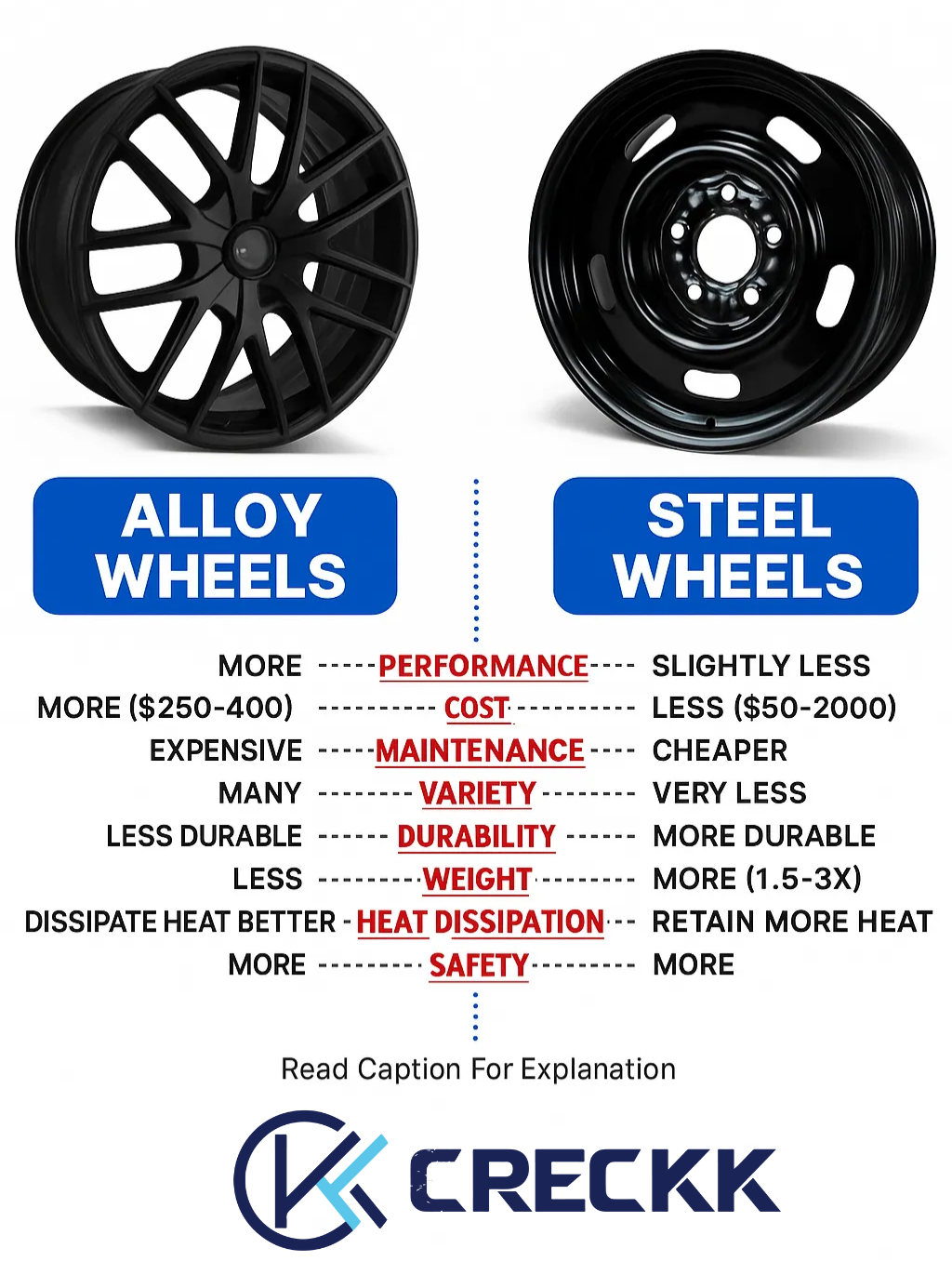
There’s no one-size-fits-all answer. Choose alloy wheels if you want style, lighter weight, better dynamics, and rust resistance and you don’t mind paying a premium. Choose steel wheels if you want affordability, durability, and easy repair, especially for rugged or off-road use. For most Indian buyers, budget and usage patterns will decide the winner.
FAQs:
Q1. Why are alloy wheels mostly in top car variants?
Because they’re costly to manufacture, buy, and repair automakers use them to differentiate premium trims.
Q2. Which is stronger steel or alloy wheels?
Alloy wheels meet the same strength requirements at lower weight, but steel is more flexible and survives bending impacts better.
Q3. Are alloy wheels worth the higher cost?
Yes, if you value looks, better handling, and rust resistance. No, if budget and easy repairs matter more.
Q4. Why do entry-level cars only come with steel wheels?
Because steel is cheaper to manufacture, keeping costs low for budget buyers.
Q5. Which is better for Indian road conditions?
Steel wheels are more forgiving on rough terrains, but alloys perform better in urban, highway, and premium car use.
Related posts
